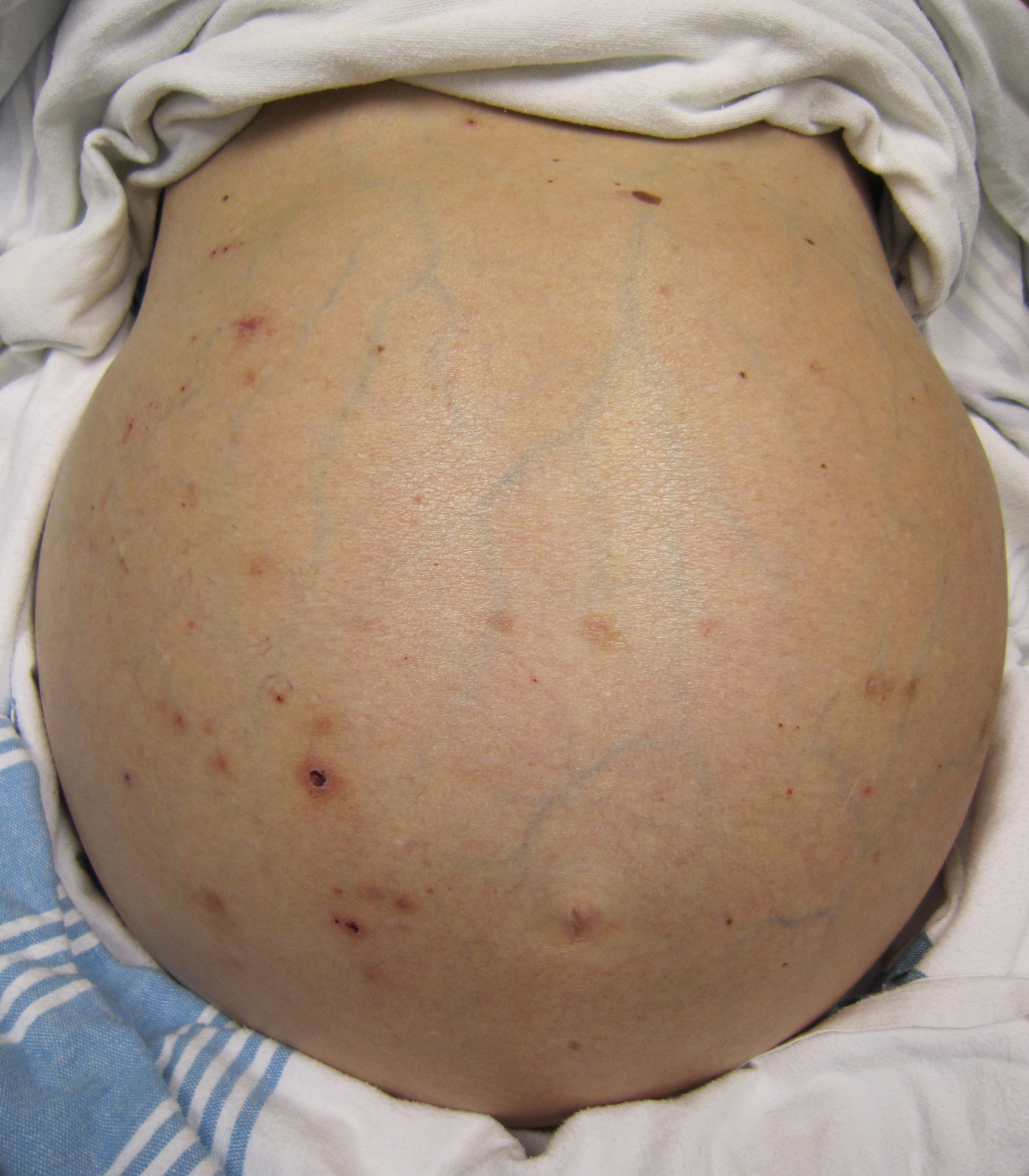A nurse is caring for a patient who is receiving total parenteral nutrition (TPN). Which of the following conditions should the nurse monitor the patient for as a complication of TPN?
Aspiration
Polyuria
C. Stomatitis
Abdominal distention
The Correct Answer is D
Choice A rationale
Aspiration is not a common complication of TPN. TPN is administered intravenously, bypassing the gastrointestinal tract, which reduces the risk of aspiration. Choice B rationale
Polyuria, or excessive urination, is not typically a direct complication of TPN. However, the fluid balance of patients on TPN should be monitored, as both overhydration and dehydration can lead to urinary changes.
Choice C rationale
Stomatitis, or inflammation of the mouth and lips, is not a common complication of TPN. Since TPN bypasses the gastrointestinal tract, it does not typically cause oral complications.
Choice D rationale
Abdominal distention can occur as a complication of TPN. This is because TPN can cause an imbalance in the gut flora, leading to gas production and bloating. Additionally, if a patient on TPN has an underlying condition that affects gut motility, they may experience abdominal distention.

Nursing Test Bank
Naxlex Comprehensive Predictor Exams
Related Questions
Correct Answer is ["A","B","C"]
Explanation
Choice A rationale
Auscultating stomach sounds is an important step before administering a tube feeding. This helps to ensure that the gastrointestinal system is functioning properly and can handle the feeding.
Choice B rationale
Warming the formula to body temperature can help to increase the comfort of the client during the feeding. However, it is not a necessary step and can be skipped if the client does not have a preference.
Choice C rationale
Assisting the client to sit in an upright position is crucial before administering a tube feeding. This position reduces the risk of aspiration, which can occur if the formula enters the lungs.
Choice D rationale
Discarding residual gastric contents is not recommended. Instead, the nurse should check for residual before the feeding, and if the volume is above the predetermined threshold, the feeding should be delayed and the healthcare provider notified.
Correct Answer is C
Explanation
Choice A rationale
Hyperactive reflexes are not typically associated with hypokalemia. Hypokalemia, or low potassium levels in the blood, can cause muscle weakness, fatigue, constipation, and arrhythmia.
Choice B rationale
Extreme thirst is not a typical symptom of hypokalemia. It is more commonly associated with conditions such as diabetes.
Choice C rationale
A weak, irregular pulse is a common symptom of hypokalemia. Low levels of potassium can affect heart function, leading to abnormal heart rhythms.

Choice D rationale
Hyperactive bowel sounds are not typically associated with hypokalemia. In fact, constipation is a common symptom of this condition.
Whether you are a student looking to ace your exams or a practicing nurse seeking to enhance your expertise , our nursing education contents will empower you with the confidence and competence to make a difference in the lives of patients and become a respected leader in the healthcare field.
Visit Naxlex, invest in your future and unlock endless possibilities with our unparalleled nursing education contents today
Report Wrong Answer on the Current Question
Do you disagree with the answer? If yes, what is your expected answer? Explain.
Kindly be descriptive with the issue you are facing.
